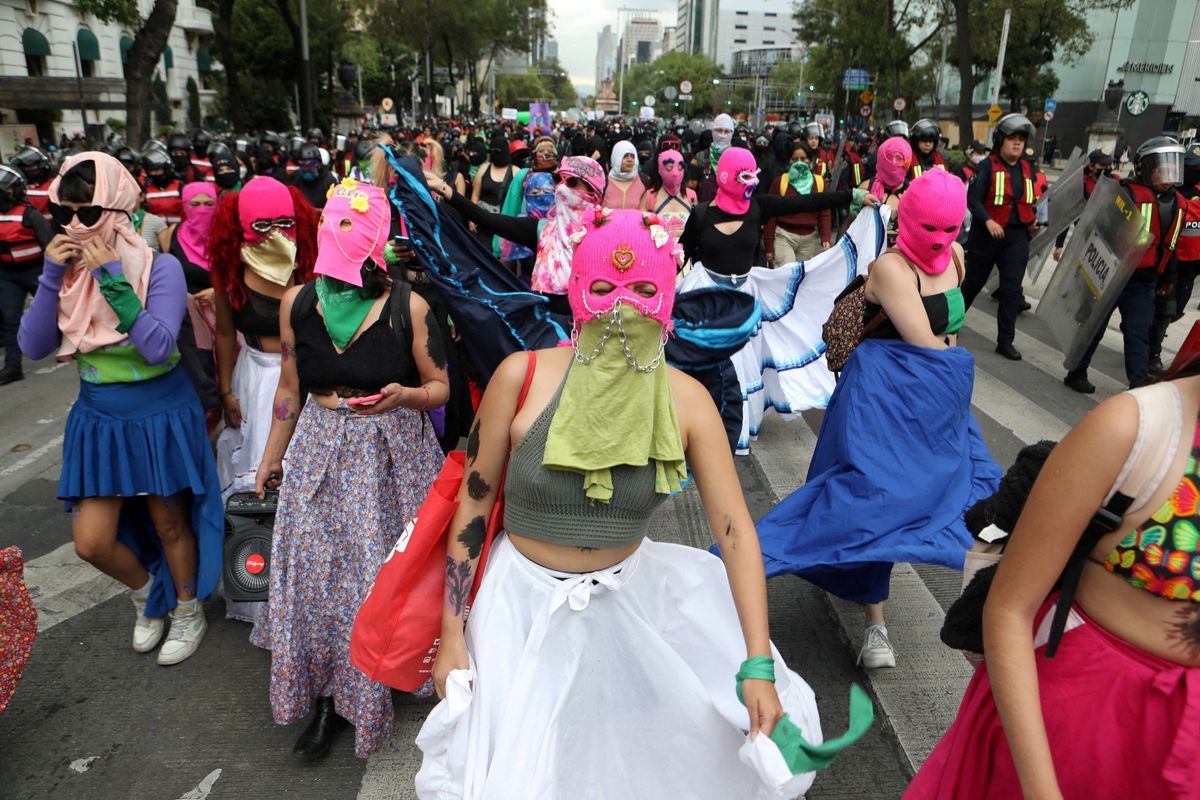In a landmark decision, Mexico’s Supreme Court has decriminalized abortion nationwide. It’s a big deal for the predominantly Catholic country, where federal healthcare workers in many places were penalized for performing the procedure.
Quick recap: This ruling builds on an earlier decision by Mexico’s Supreme Court that said decisions about abortion should be made at the state level. Still, abortion has remained illegal in 20 of the country’s 32 states, and in some rural areas where it was legalized, women didn’t even know they had access, women's rights groups argue.
The regional picture. Latin America has traditionally been home to some of the most restrictive abortion laws in the world due to the influence of the Catholic Church. But mass mobilization efforts – dubbed the Marea Verde (Green Wave) – have indeed swept Latin America in recent years, spurred by renewed calls for enhancement of sexual and reproductive freedoms. (Ironically, much of this was inspired by the now-defunct Roe v. Wade ruling in the US.) In Argentina, abortion was legalized in December 2020, marking the first time that women in that country could legally terminate their pregnancies in over a century. Similar shifts have taken place in Colombia, Guyana and Uruguay.
In Mexico, where roughly 20% of births occur among adolescents and contraception needs remain unmet, this decision will drastically alter the social landscape.






